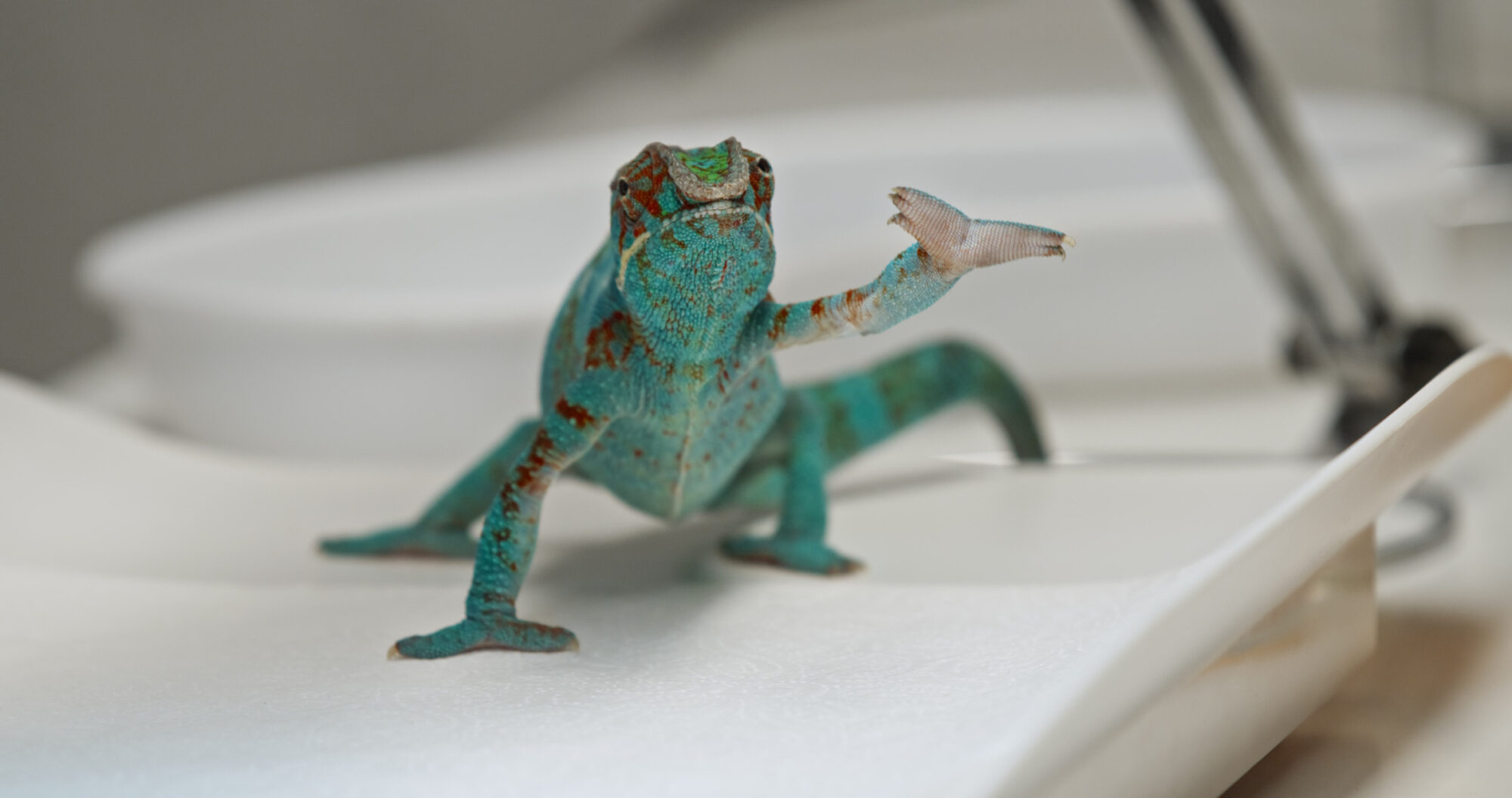Preventing Seasonal Health Issues in Exotic Pets This Spring

Quirky and unique, exotic pets are fascinating creatures to care for, but some of their needs can be complex. Exotic pets such as amphibians, reptiles, small mammals, and birds have specific environmental and nutritional requirements that can change with the seasons. In this blog, our team at Texas Avian & Exotic Hospital explores exotic pet seasonal care and ways to keep your exotic pet safe and healthy year-round.
Exotic Pet Seasonal Care Starts With a Checkup
The changing of the seasons is the perfect reminder to evaluate your exotic pet’s overall health, and it starts with a wellness visit. Exotic pets can be secretive about any symptoms of illness, so a trained eye is needed to pick up subtle clues if something isn’t right. We can recommend an optimal seasonal diet for your exotic pet, answer your questions about your pet’s environmental needs, and suggest adaptations that should be made to your pet’s habitat regarding exotic pet seasonal care.
Tips for Maintaining a Healthy Enclosure
One of the keys to properly caring for exotic pets is to mimic their natural environment as closely as possible. The size and location of your pet’s enclosure, temperature, humidity, and the materials used are all factors in your exotic pet’s health. Keep these tips in mind:
- Maintaining a healthy enclosure requires regular cleaning to prevent the buildup of waste and harmful bacteria. Daily spot cleaning and a thorough weekly cleaning are essential to ensure a sanitary environment. This includes changing the substrate, disinfecting surfaces, and cleaning water and food dishes.
- The enclosure should be spacious enough to allow your pet to move freely and express its natural behaviors. Enrichment items such as branches, rocks, hides, and toys can provide mental stimulation and physical exercise.
- Practice small mammal allergy prevention by giving careful consideration to the substrate. Dust-producing materials like cedar and pine shavings can cause respiratory irritation in small mammals like hedgehogs and gerbils.
- For optimal reptile health in spring, all reptiles and amphibians need some form of UVB lighting and a temperature gradient so they can regulate their body temperature themselves. Some may benefit from moisture and humidity as well as a pool of water. But be careful. An overly-humid environment can promote mold growth and lead to respiratory issues for your pet.
- For species that require high humidity, use a hygrometer to monitor levels and adjust as needed, whether through misting, a humidifier, or water features.
- Ensure that any enclosure is properly ventilated.
Protecting the Health of Your Exotic Pet
This spring and all year long, be vigilant for signs of stress or illness in your pet, such as changes in appetite, behavior, or appearance. Regular veterinary check-ups can help catch potential health issues early and ensure your exotic pet remains happy and healthy. Contact our team at (817) 953-8560 to schedule your exotic pet’s visit.
